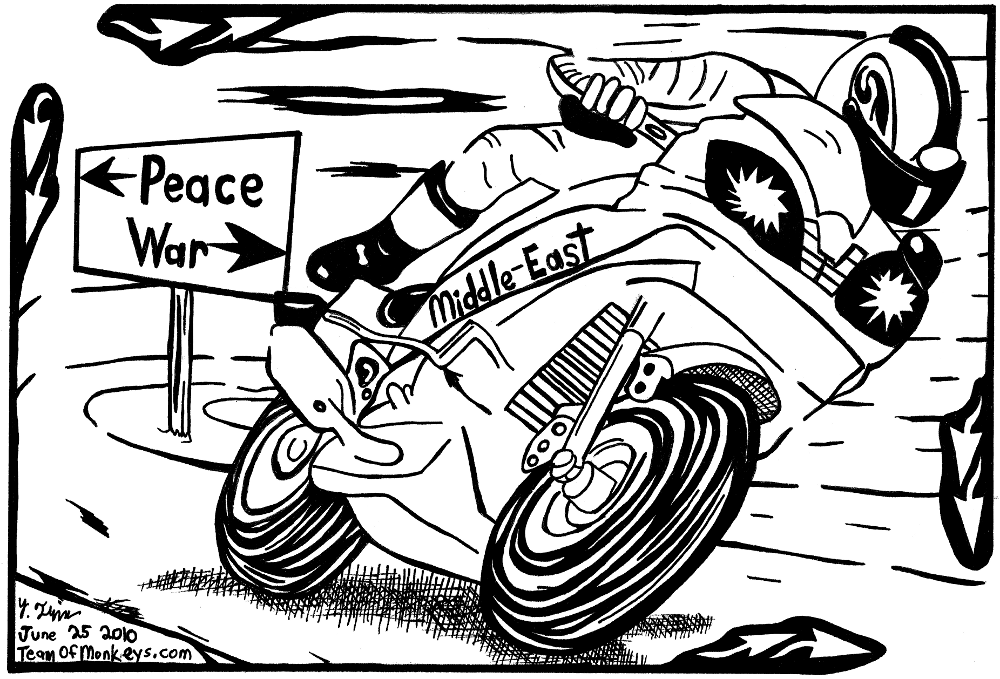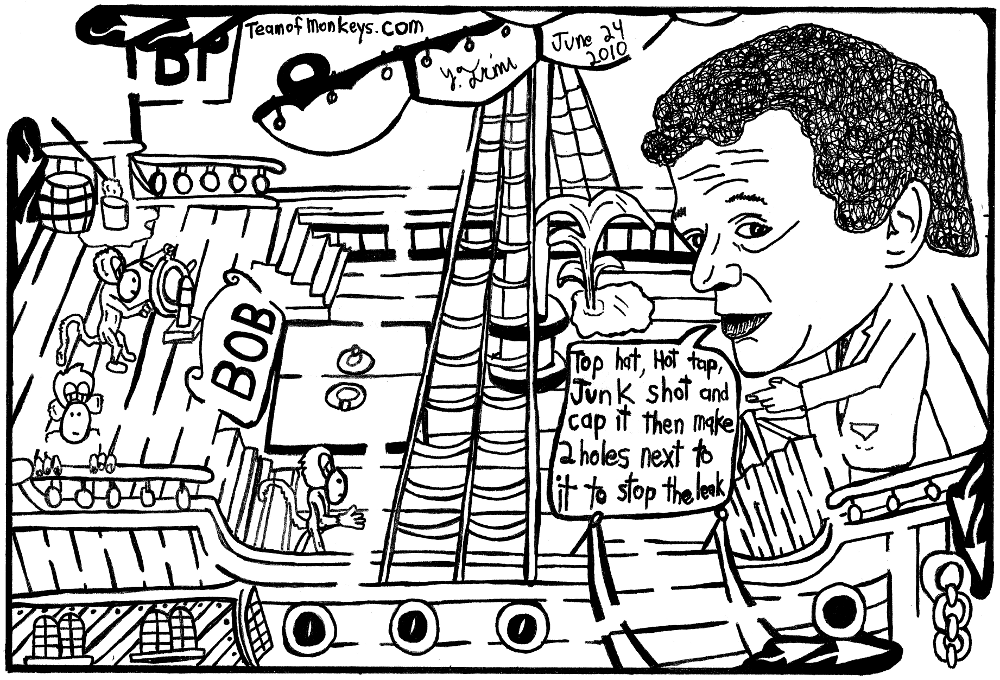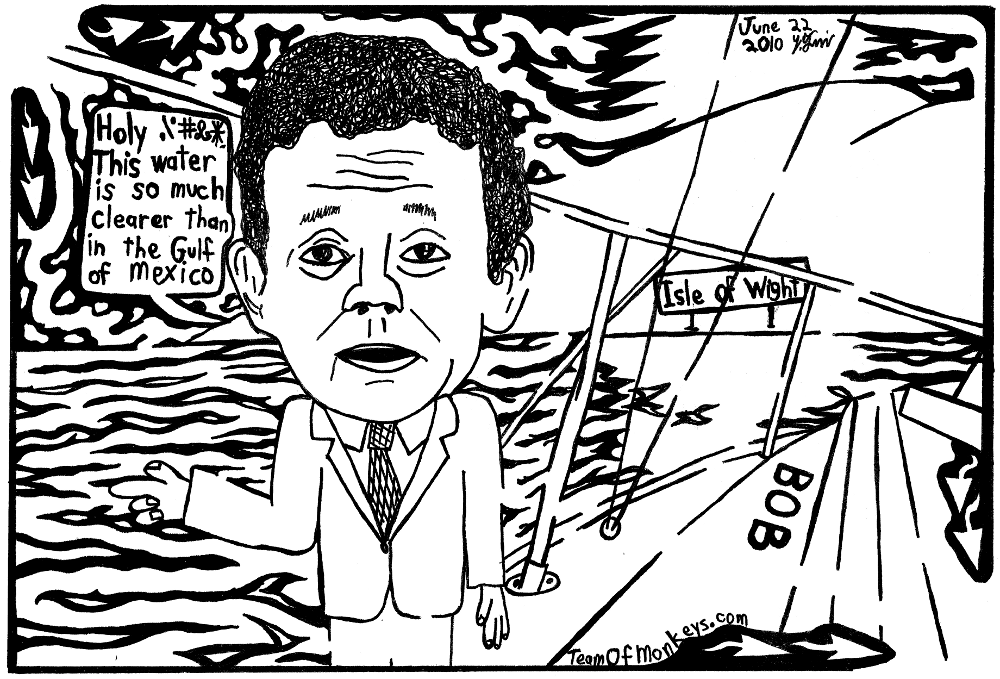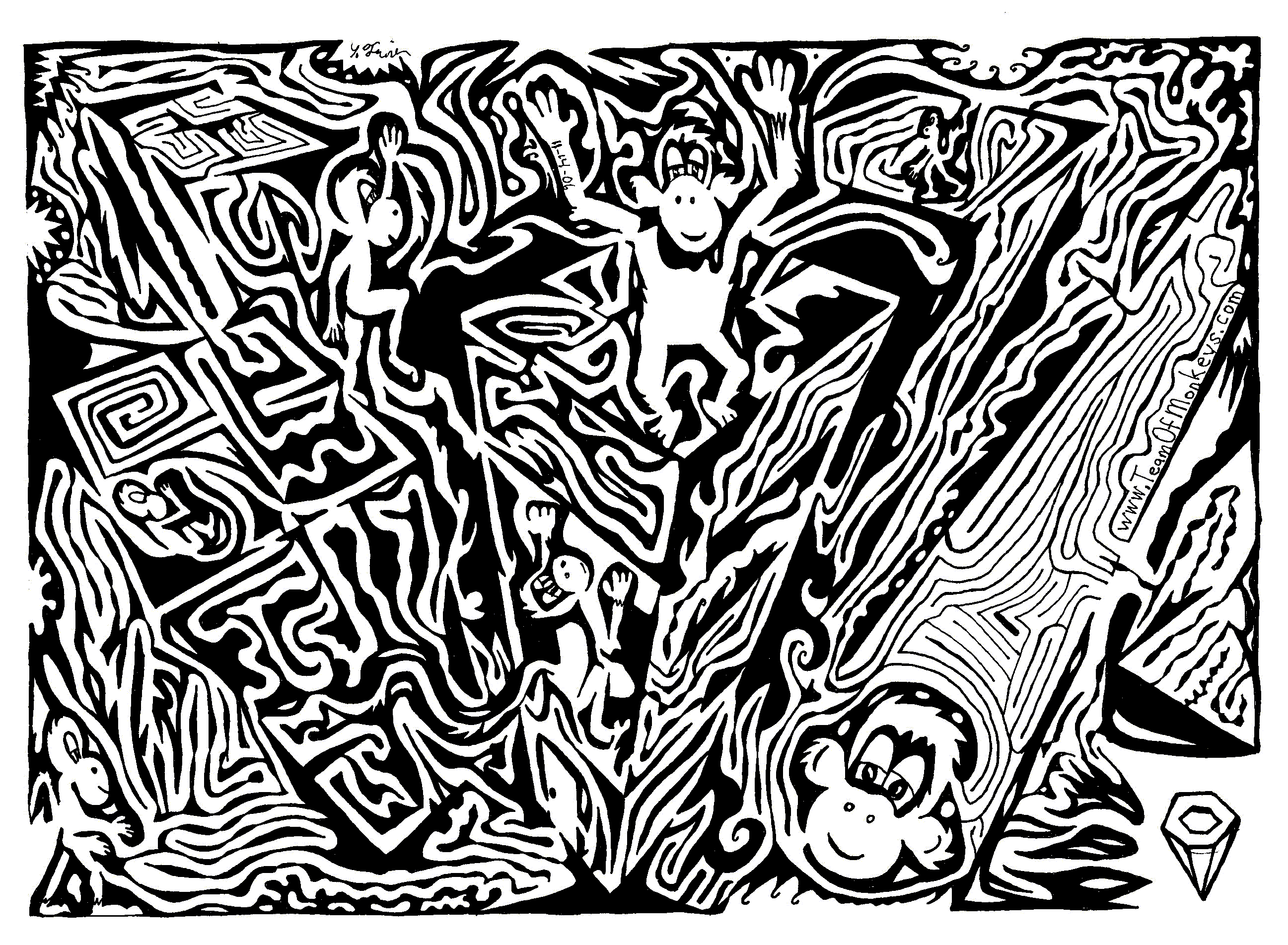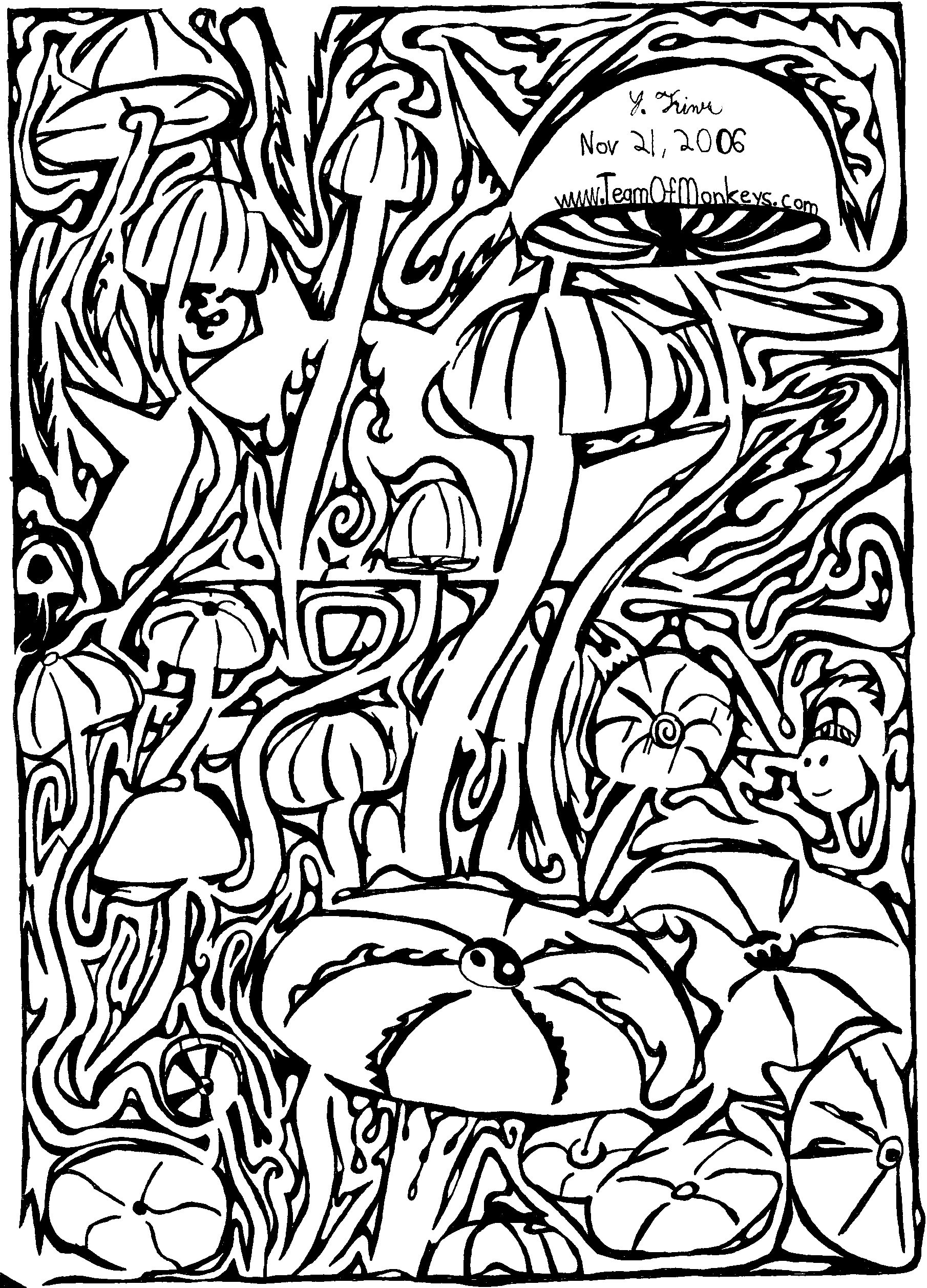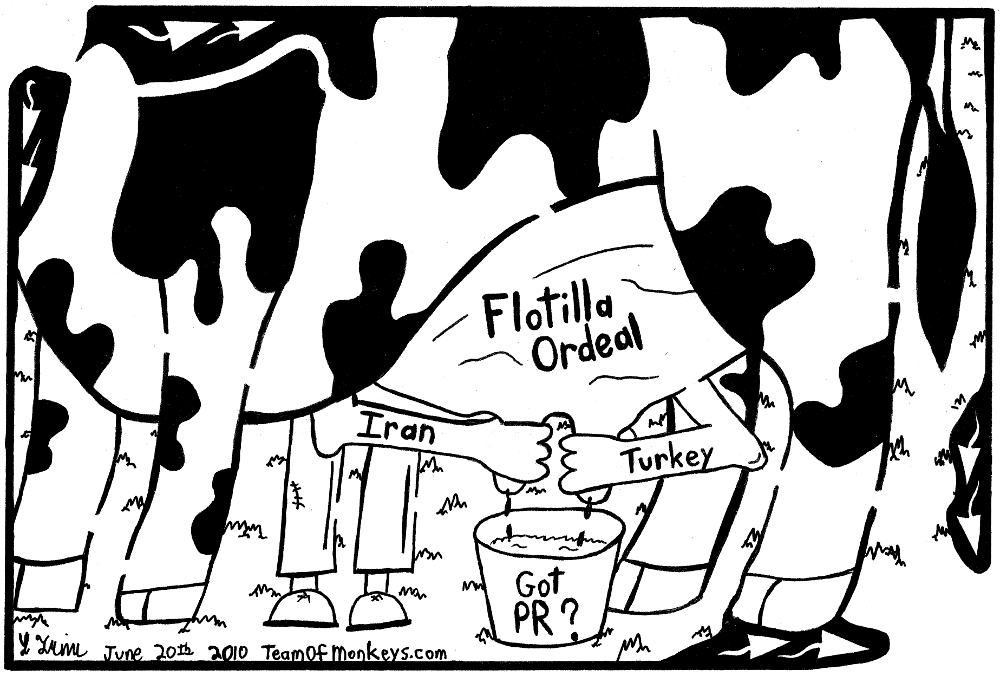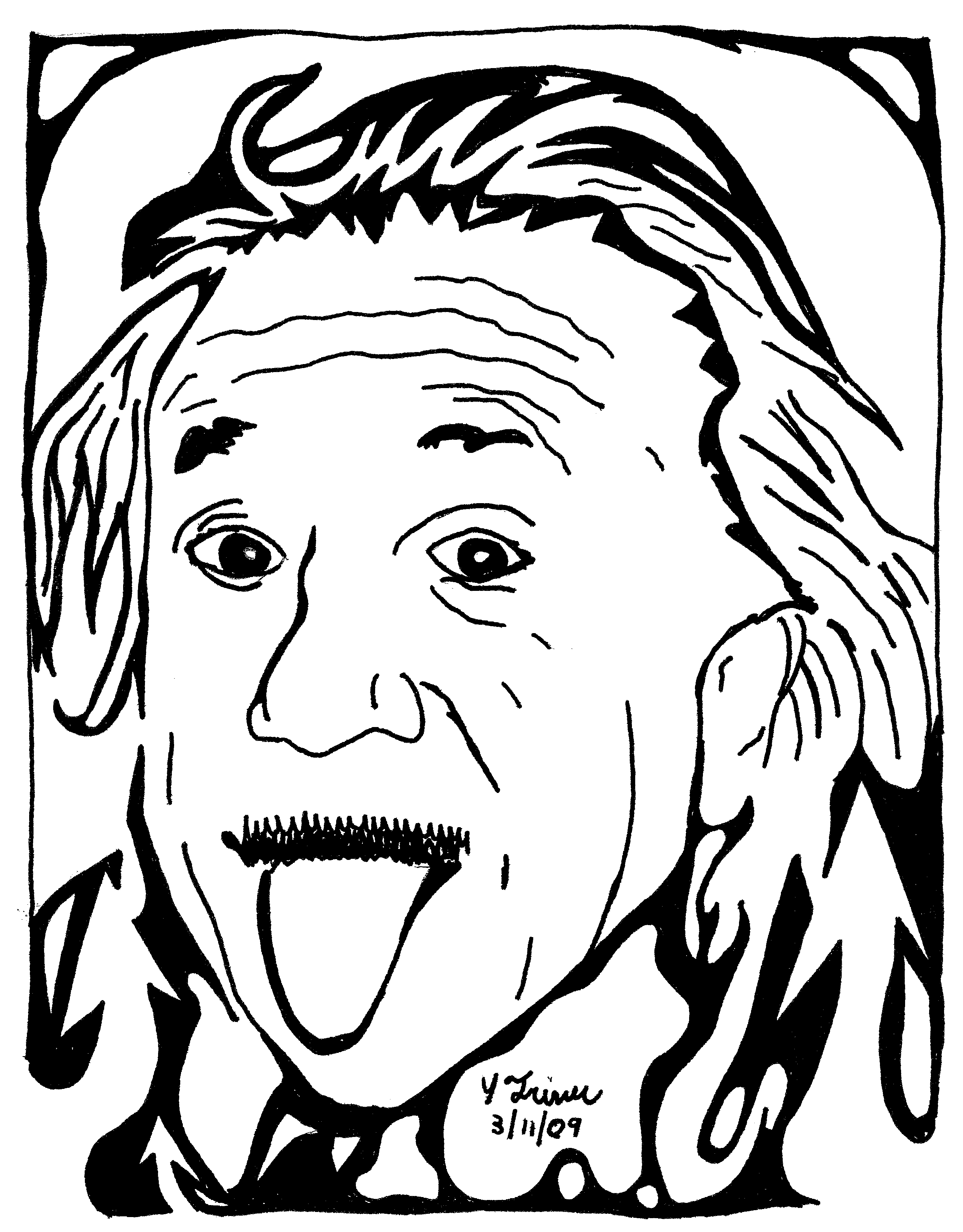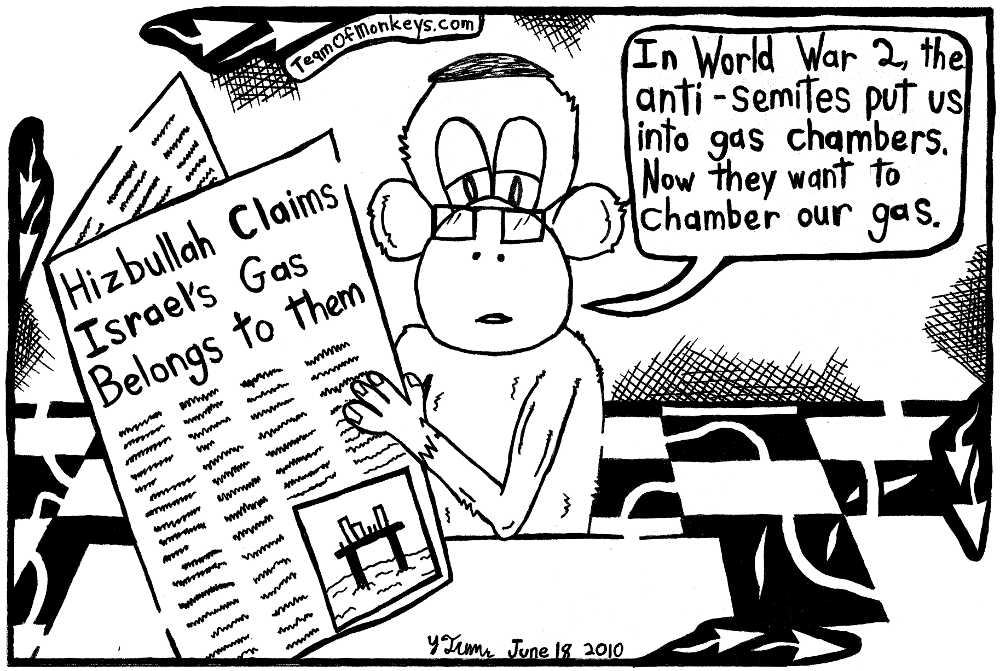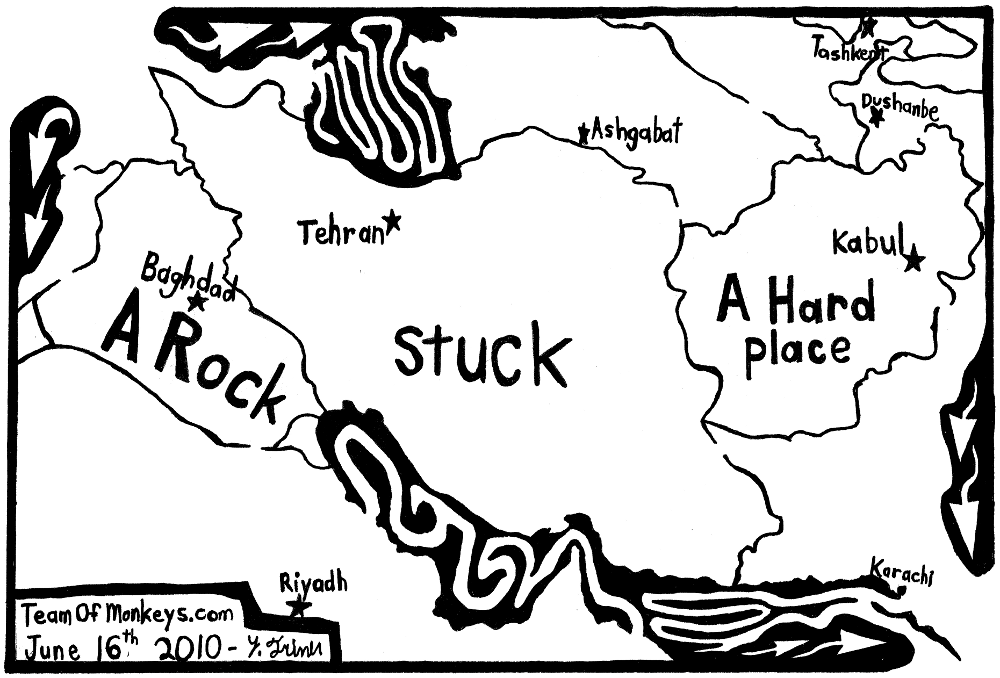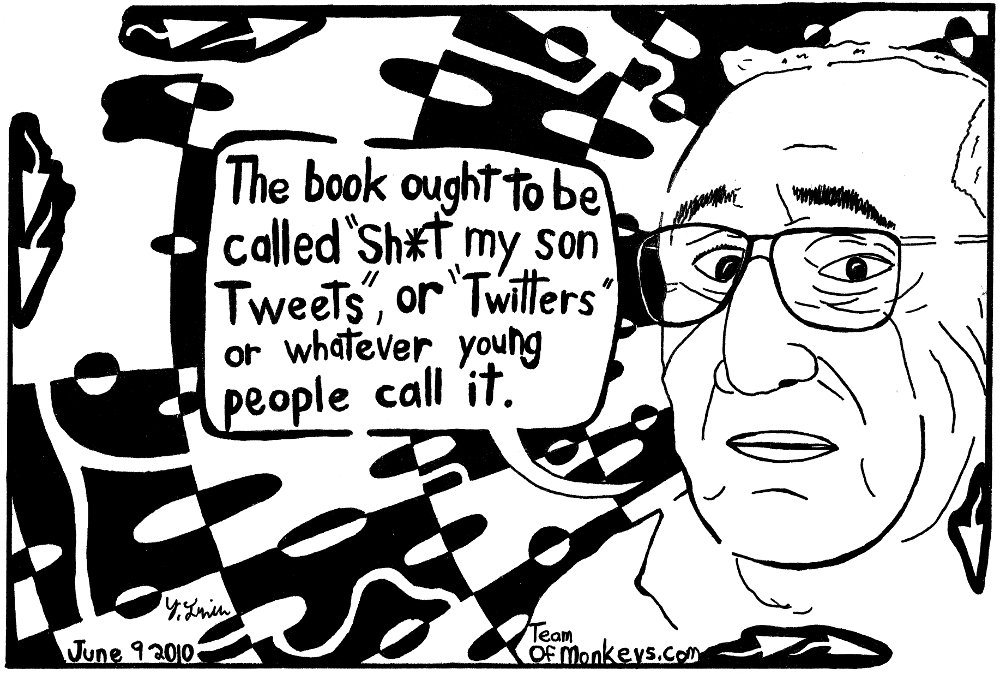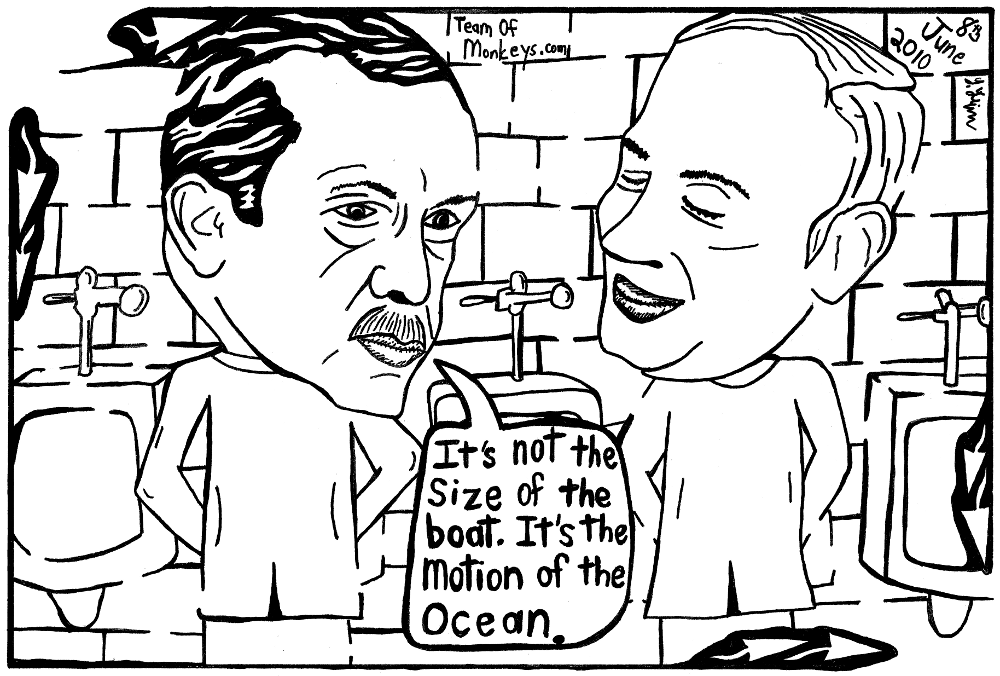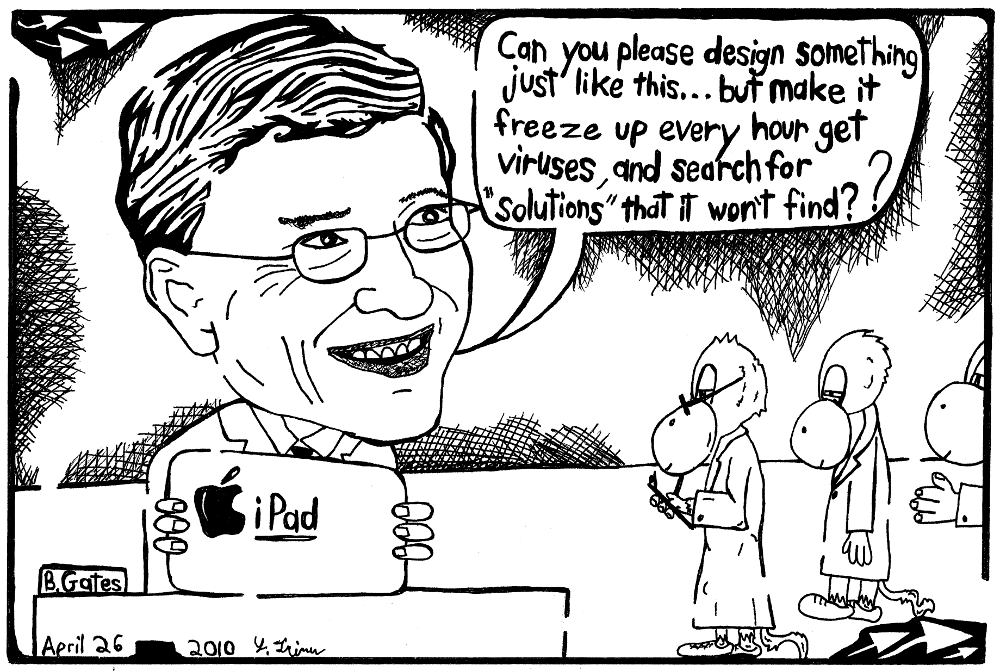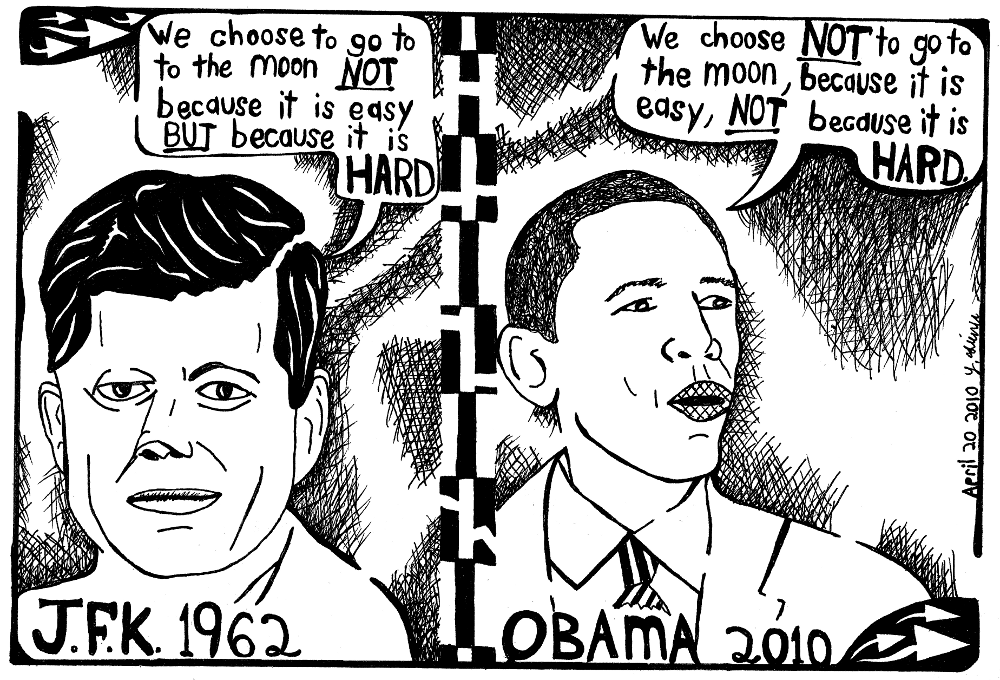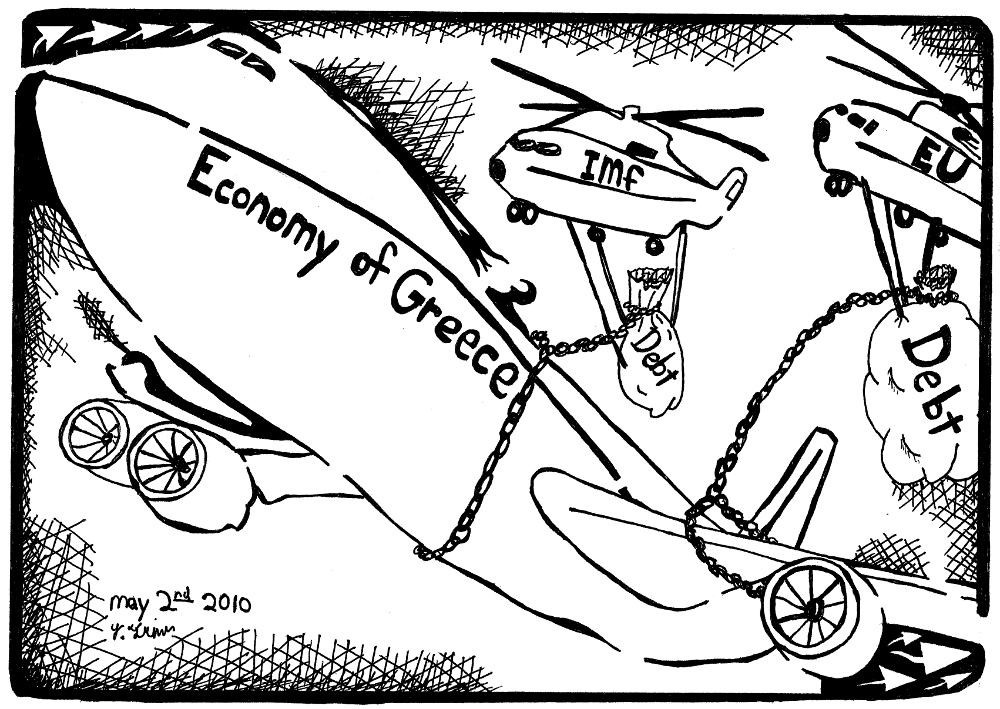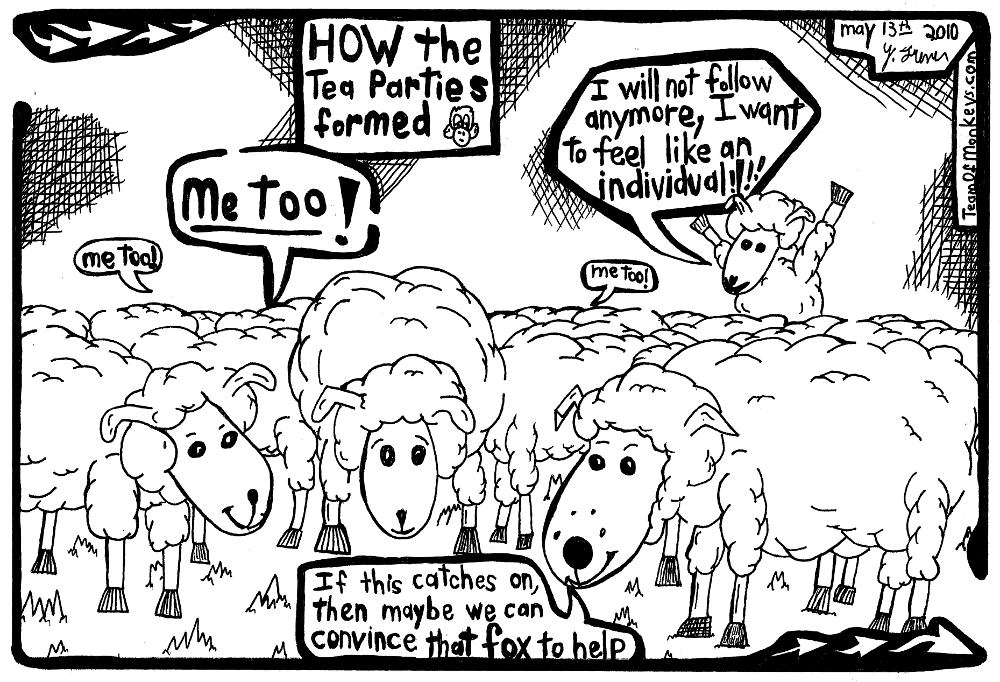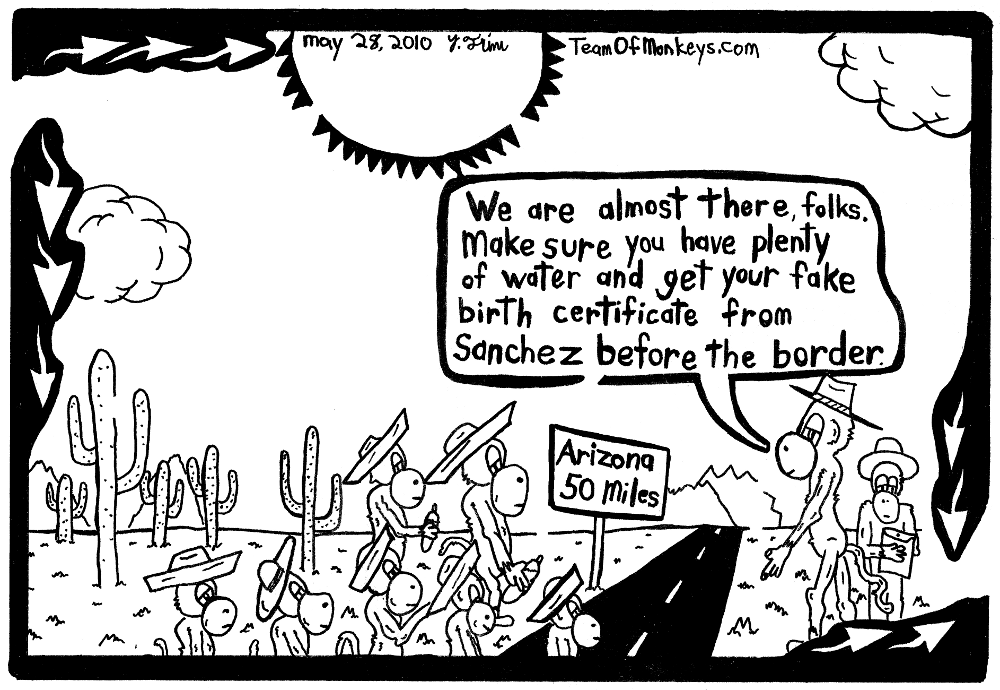Click the title to view the original article.
By Kristina Cooke
NEW YORK, June 17 (Reuters) - Around the turn of every year, bankers can think of only one thing: the size of their bonuses.
Even beyond bonus season, they run different scenarios and assumptions, trying to calculate their number.
This distracts them so much that the bigger the bonus at stake, the worse the performance, according to behavioral economist Dan Ariely, who lays out his theory in his new book "The Upside of Irrationality" (HarperCollins, $27.99).
"For a long time we trained bankers to think they are the masters of the universe, have unique skills and deserve to be paid these amounts," said Ariely, who also wrote the New York Times bestseller "Predictably Irrational."
"It is going to be hard to convince them that they don't really have unique skills and that the amount they've been paid for the past years is too much."
Ariely's findings come as regulators try to rein in Wall Street's bonus culture after the 2008 financial collapse. The financial industry argues it needs to pay large bonuses to attract and motivate its top employees.
In an experiment in India, Ariely measured the impact of different bonuses on how participants did in a number of tasks that required creativity, concentration and problem-solving.
One of the tasks was Labyrinth, where the participants had to move a small steel ball through a maze avoiding holes. Ariely describes a man he identified as Anoopum, who stood to win the biggest bonus, staring at the steel ball as if it were prey.
"This is very, very important," Anoopum mumbled to himself. "I must succeed." But under the gun, Anoopum's hands trembled uncontrollably, and he failed time after time.
A large bonus was equal to five months of their regular pay, a medium-sized bonus was equivalent to about two weeks pay and a small bonus was a day's pay.
There was little difference in the performance of those receiving the small and medium-sized bonuses, while recipients of large bonuses performed worst.
SHOCK TREATMENT
More than a century ago, an experiment with rats in a maze rigged with electric shocks came to a similar conclusion. Every day, the rats had to learn how to navigate a new maze safely.
When the electric shocks were low, the rats had little incentive to avoid them. At medium intensity they learned their environment more quickly.
But when the shock intensity was very high, it seemed the rats could not focus on anything other than the fear of the shock.
This may provide lessons for regulators who want to change Wall Street's bonus culture, Ariely said. Paying no bonus or smaller bonuses could help fix skewed incentives without loss of talent.
"The reality is, a lot of places are able to attract great quality people without paying them what bankers are paid," Ariely said. "Do you think bankers are inherently smarter than other people? I don't." (Reporting by Kristina Cooke; Editing by Daniel Trotta)
